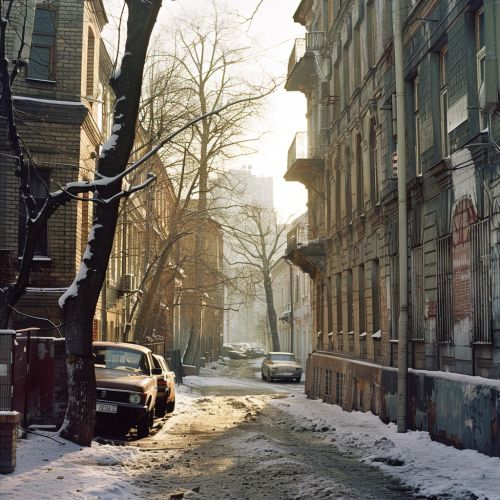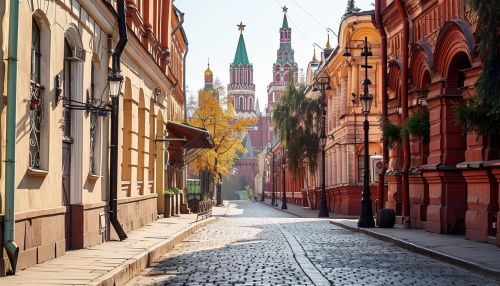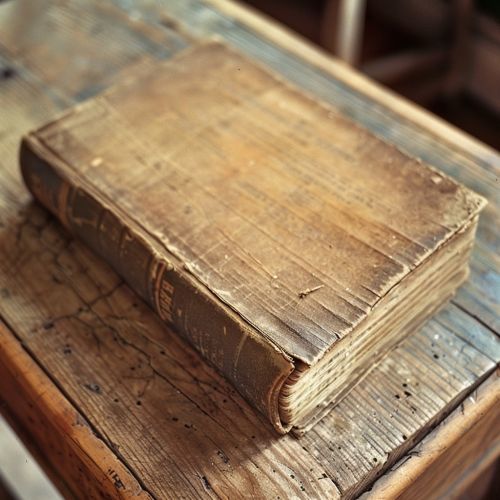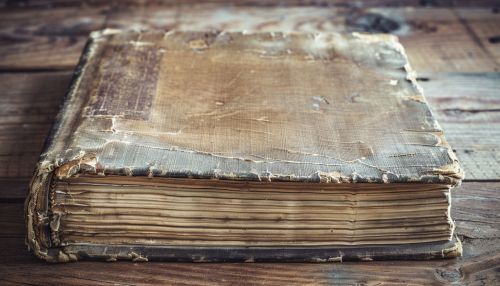Fyodor Dostoevsky
Early Life
Fyodor Mikhailovich Dostoevsky was born on November 11, 1821, in Moscow, Russia. He was the second of seven children of Mikhail Andreevich and Maria Dostoevsky. His father, a former army doctor, was a stern and religious man who instilled in his children a sense of duty and devoutness. His mother, on the other hand, was a kind and gentle woman who introduced young Fyodor to the world of literature, particularly the works of fairy tales and legends.


Education
Dostoevsky received his early education at home until the age of 12, when he was sent to a private school. In 1837, following the death of his mother, he was sent to the Military Engineering Academy in St. Petersburg, where he studied military engineering. Despite his father's wishes for him to pursue a military career, Dostoevsky was more interested in literature and writing. He began writing his own works during his time at the academy.
Literary Career
Dostoevsky's literary career began in 1844 with the publication of his first novel, "Poor Folk". This work gained him entry into St. Petersburg's literary circles. He followed this with a series of short stories, including "The Double", which explores the duality of human nature.
In 1849, Dostoevsky was arrested for his involvement with the Petrashevsky Circle, a group of intellectuals who discussed banned books critical of Tsarist Russia. He was sentenced to death but this sentence was commuted at the last minute, and he spent four years in a Siberian prison, followed by six years of compulsory military service.
Major Works
Dostoevsky's experiences in prison led to a profound change in his outlook and subsequently his writing. His works began to explore themes of suffering, guilt, and redemption, often through complex characters and situations. His major works during this period include "Crime and Punishment", "The Idiot", "Demons", and "The Brothers Karamazov".
"Crime and Punishment" (1866) is perhaps Dostoevsky's most well-known work. The novel delves into the psychological torment of Raskolnikov, a destitute ex-student in St. Petersburg who plans and carries out the murder of an unscrupulous pawnbroker for her cash.
"The Idiot" (1869) presents Prince Myshkin, a character of pure goodness and innocence, whose naivety leads to disaster.
"Demons" (1872), also known in English as "The Possessed" or "The Devils", is a reflection of Dostoevsky's own experiences with radical politics, portraying the destructive effects of such ideologies on the people who embrace them.
"The Brothers Karamazov" (1880), Dostoevsky's final novel, is a passionate philosophical novel set in 19th-century Russia, that enters deeply into the ethical debates of God, free will, and morality.
Later Life and Death
In his later years, Dostoevsky suffered from a number of health problems, including epilepsy, which he had lived with since his time in prison. Despite these challenges, he continued to write. He died on February 9, 1881, at the age of 59. His death marked the end of the golden age of Russian literature.


Legacy
Dostoevsky's works have had a profound and lasting effect on literature and philosophy. His exploration of psychological and philosophical themes has influenced a wide range of writers and thinkers. He is considered one of the greatest novelists in literature.
